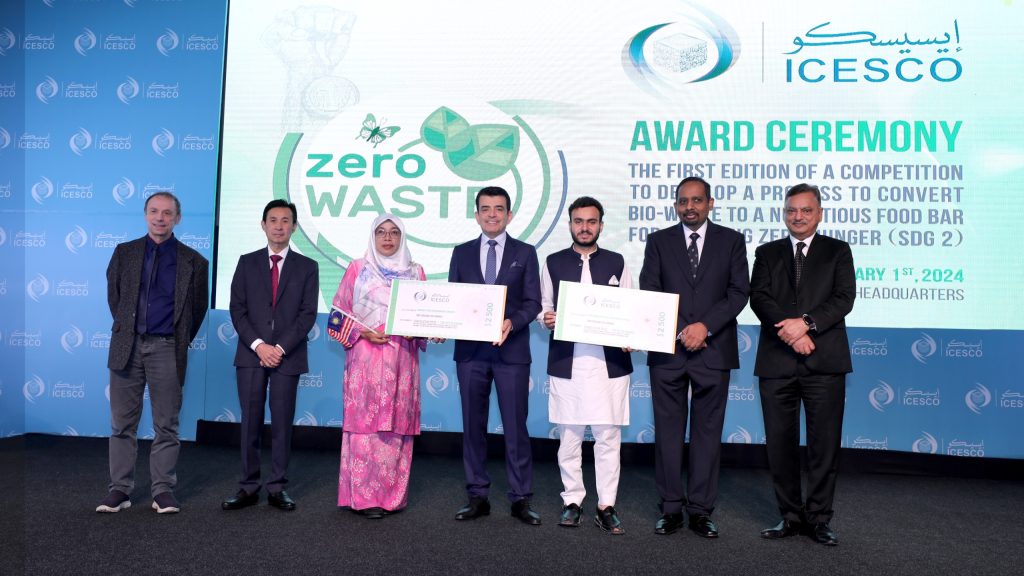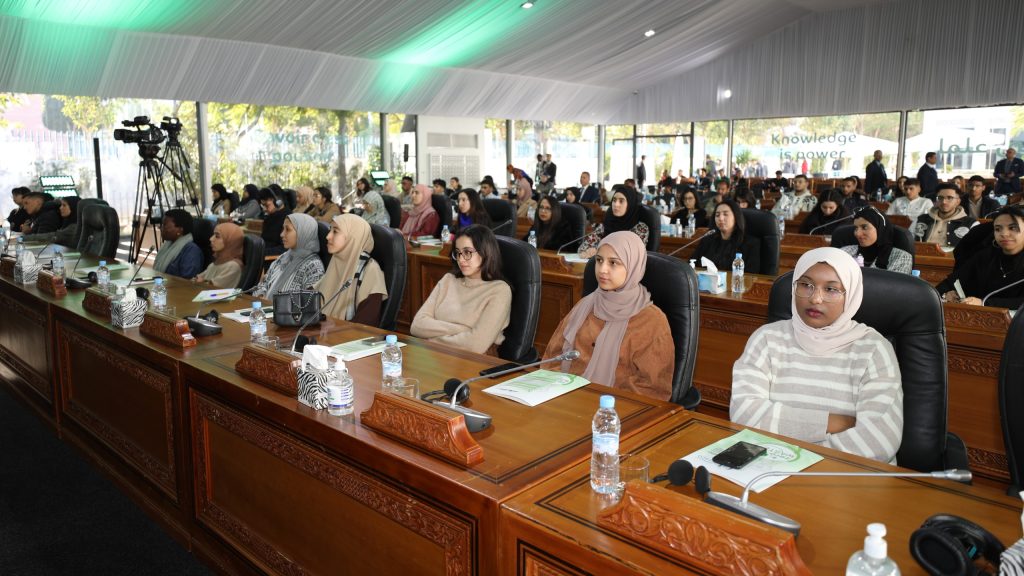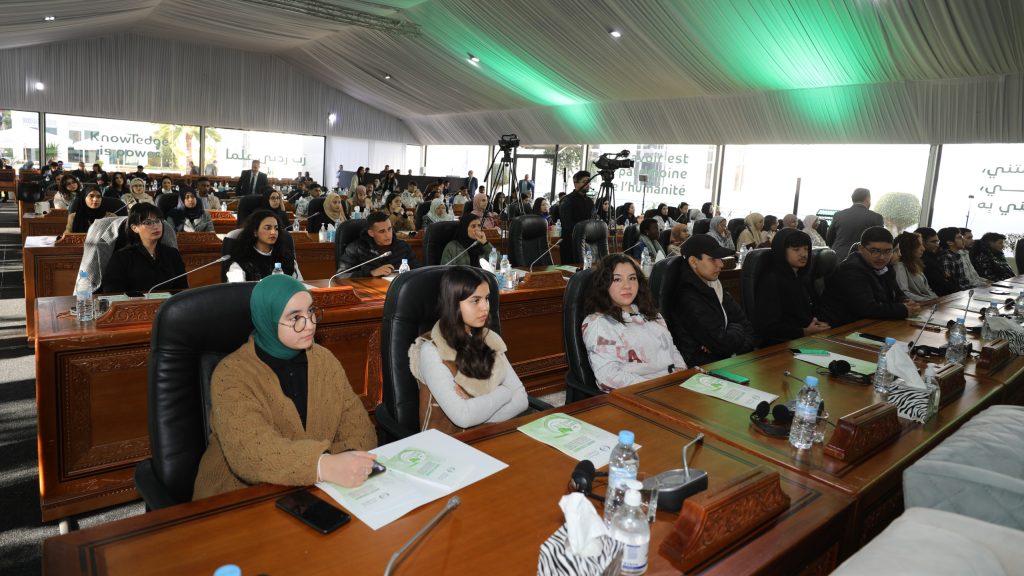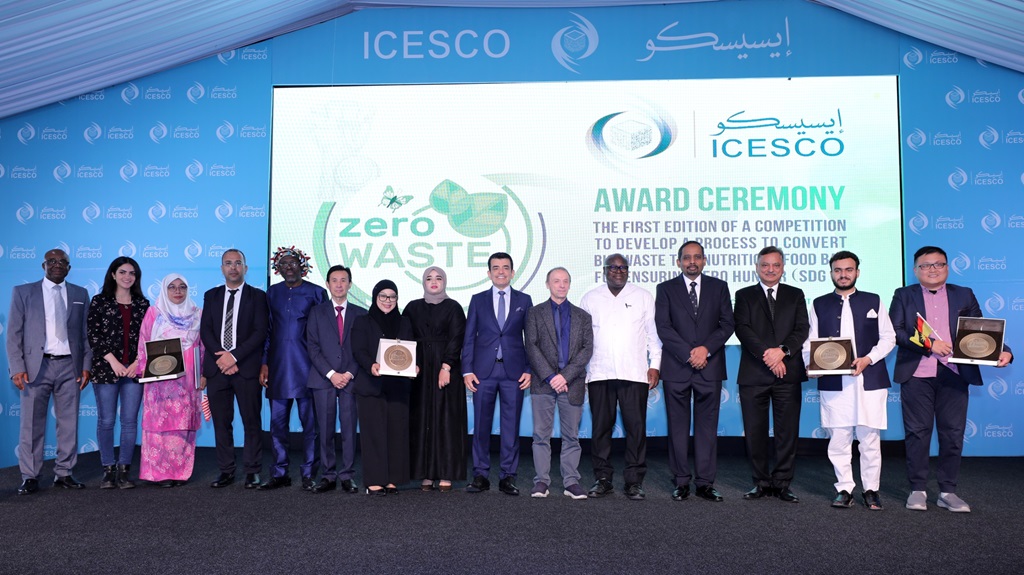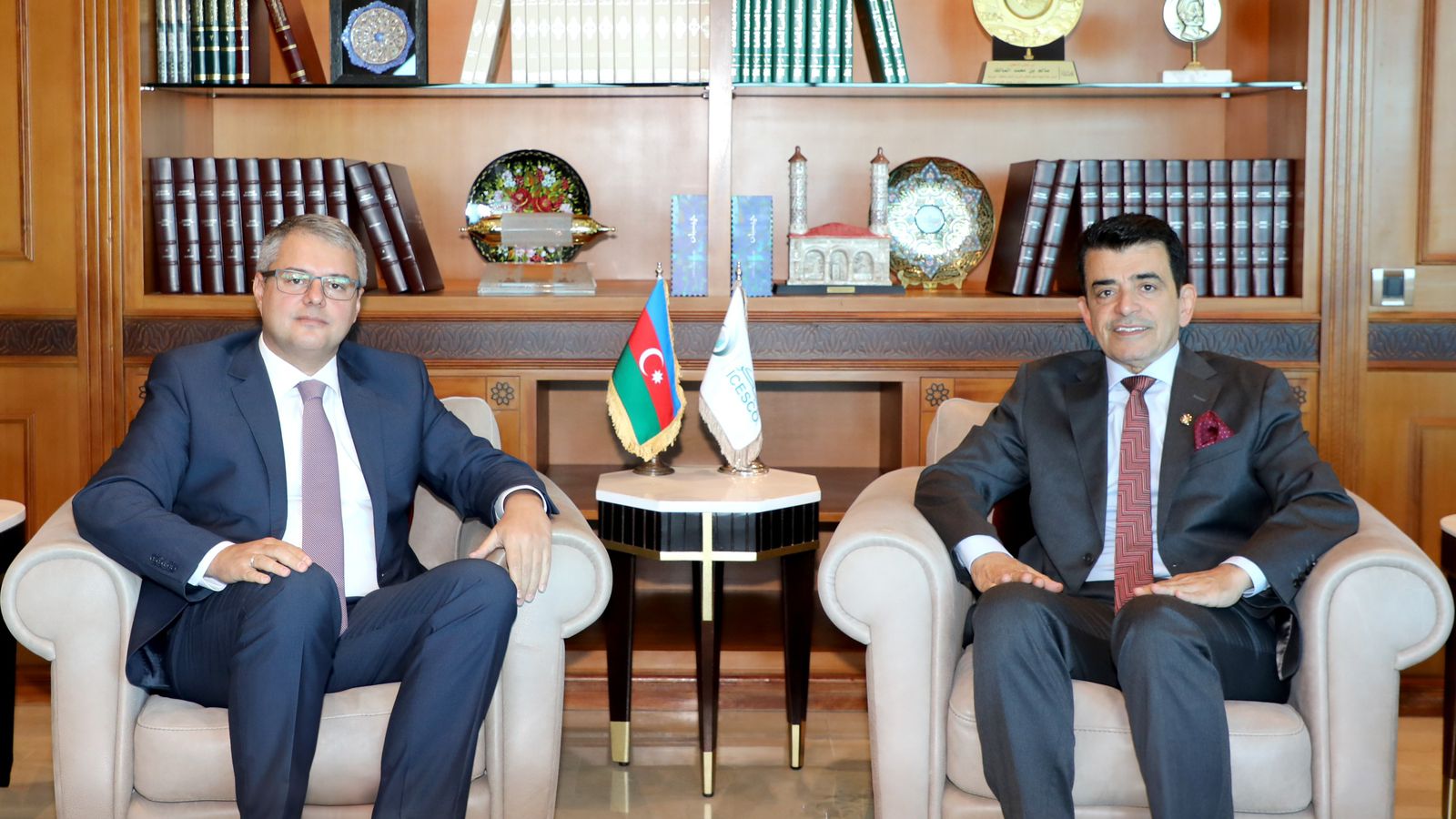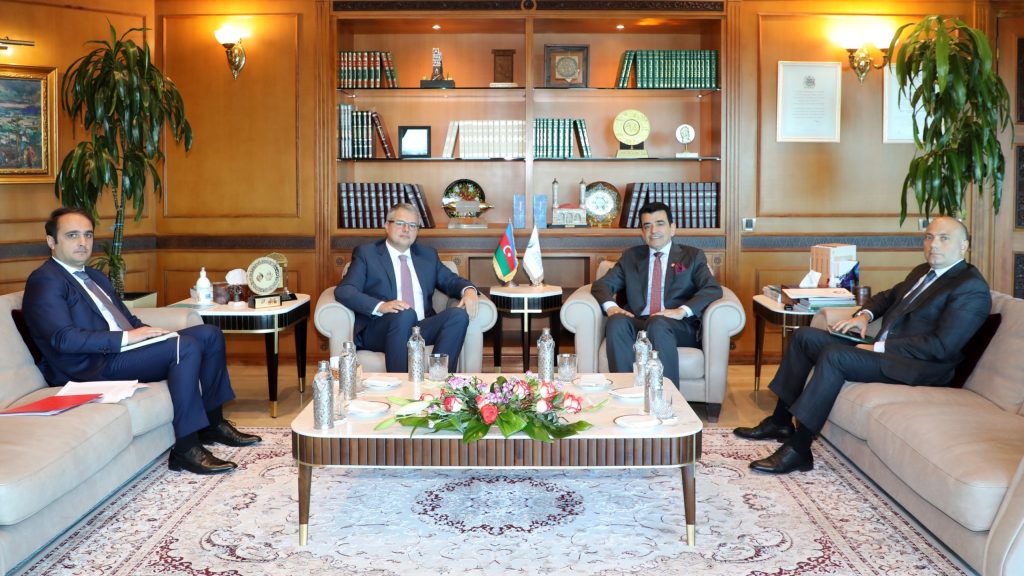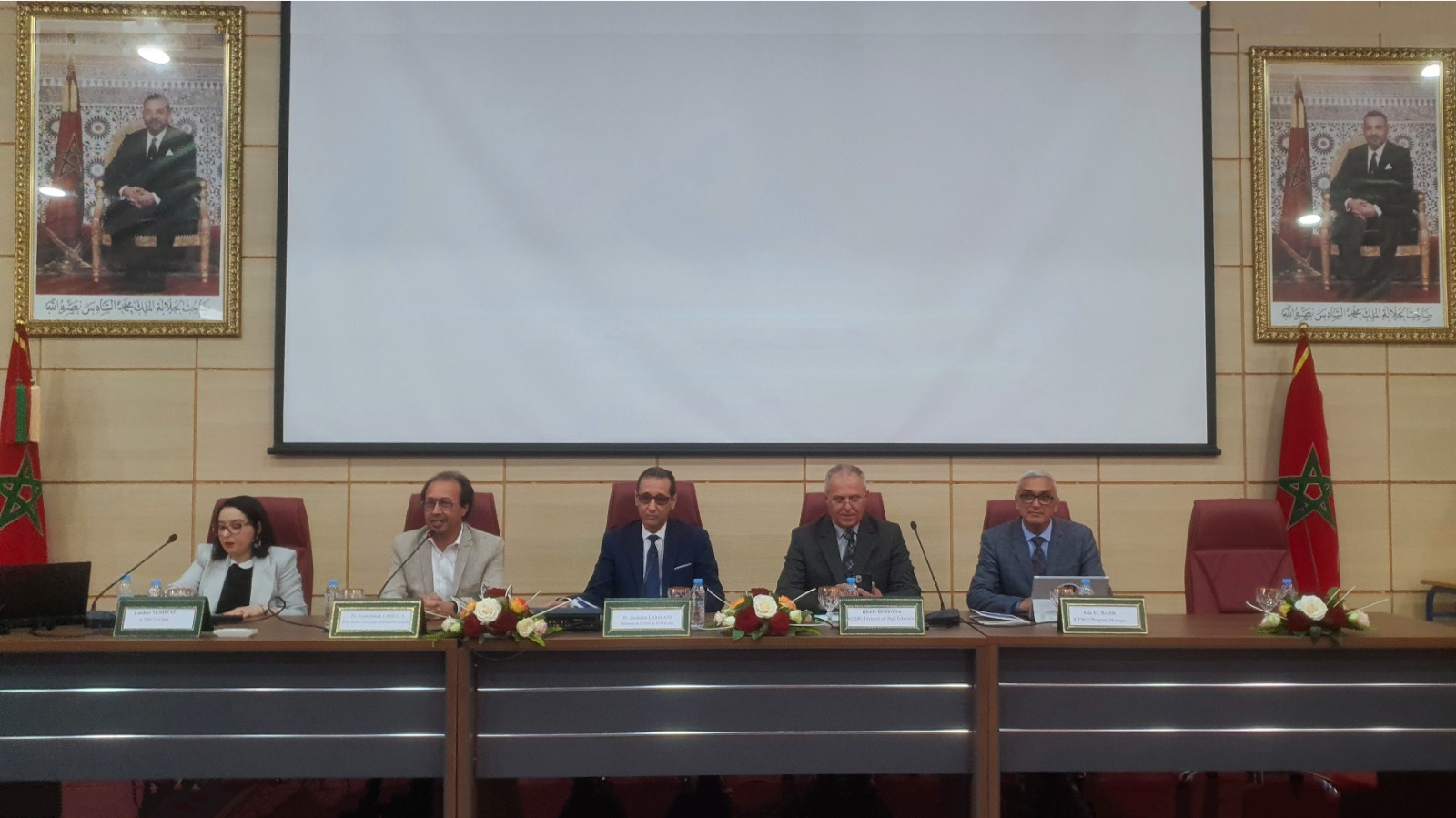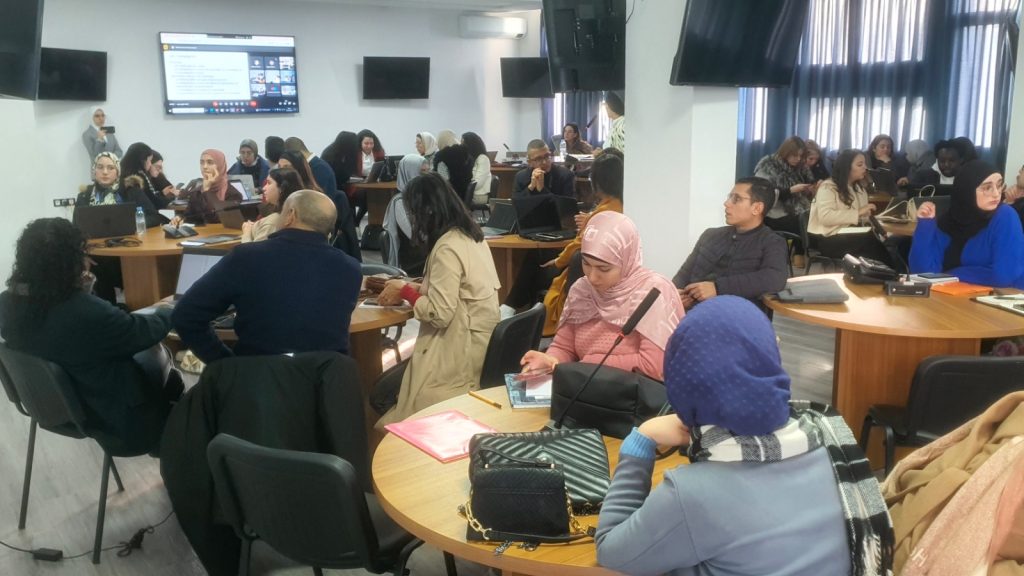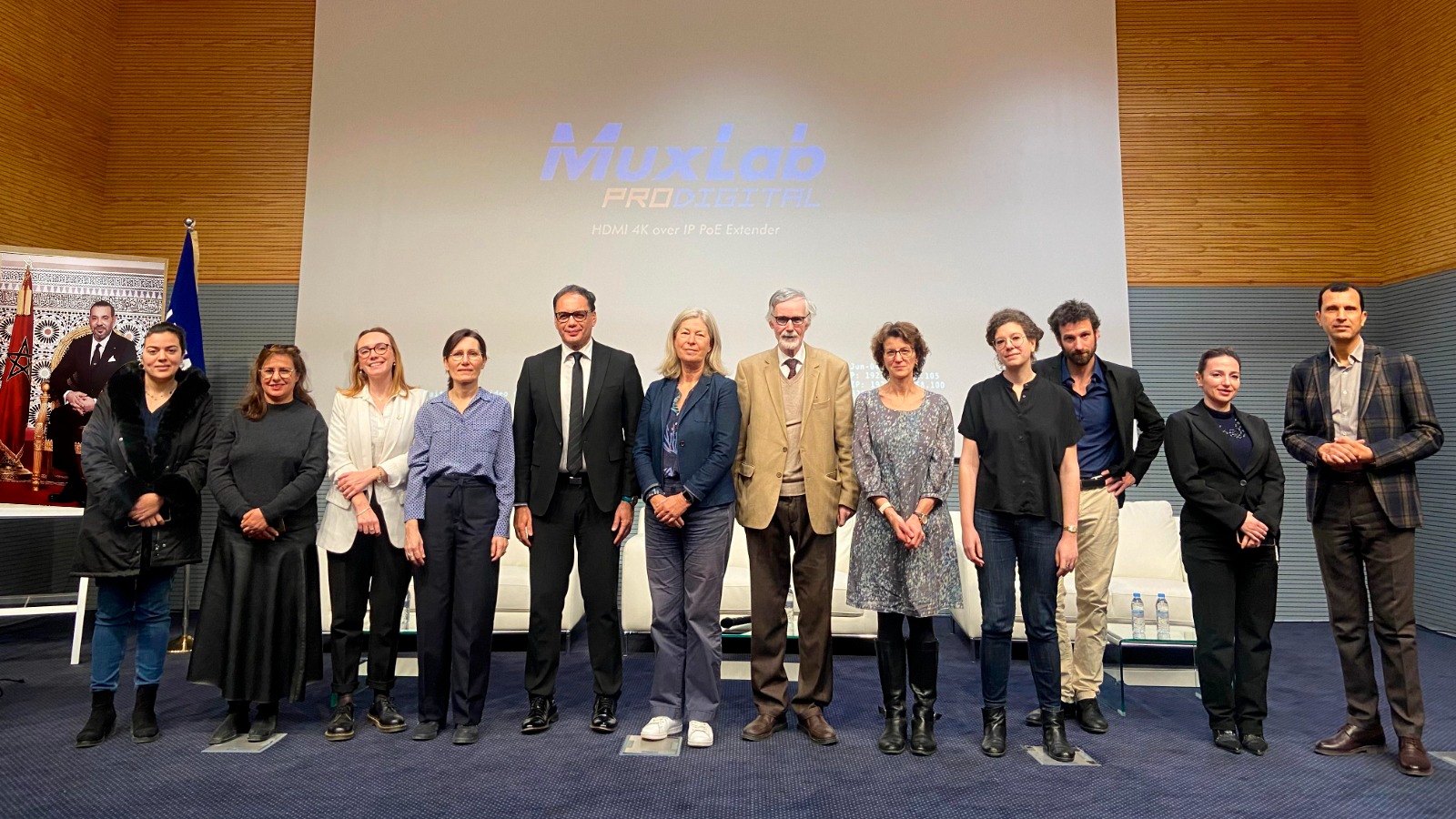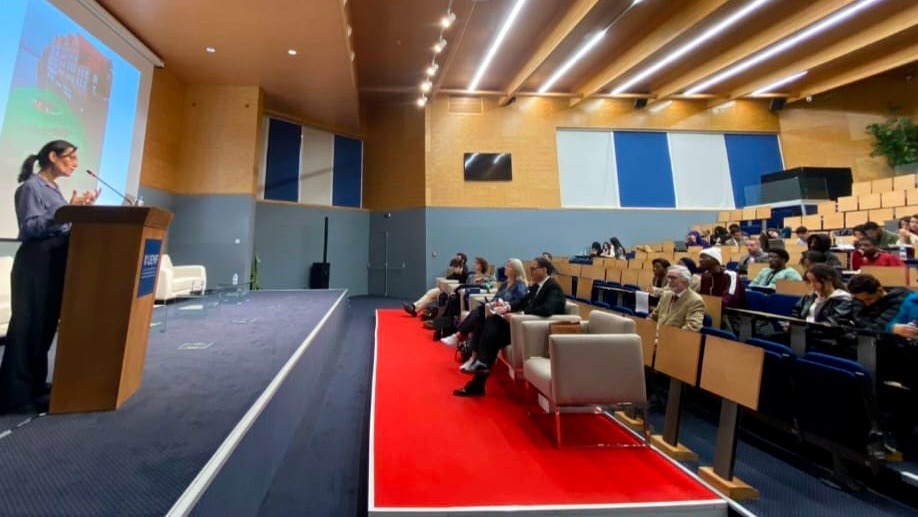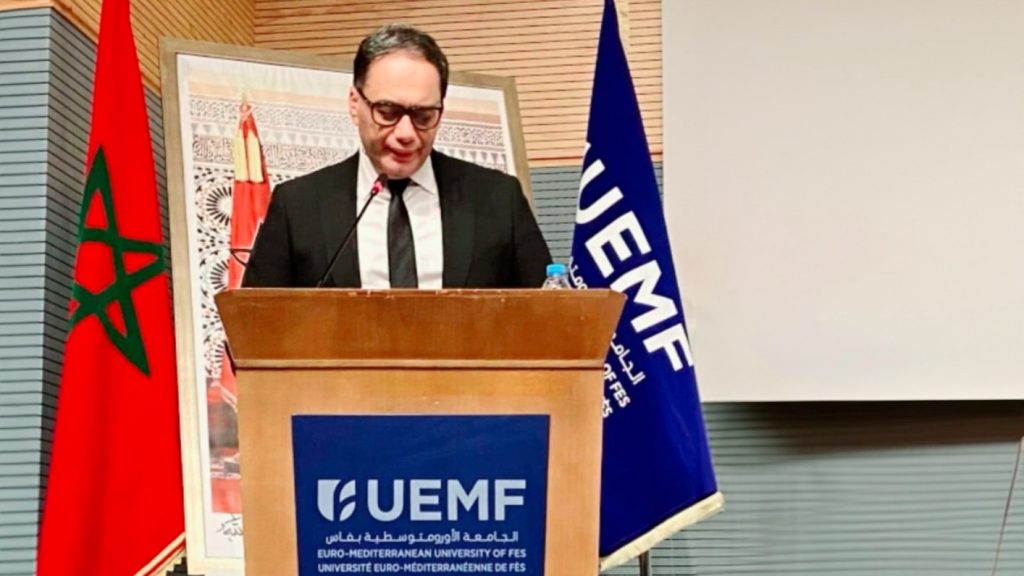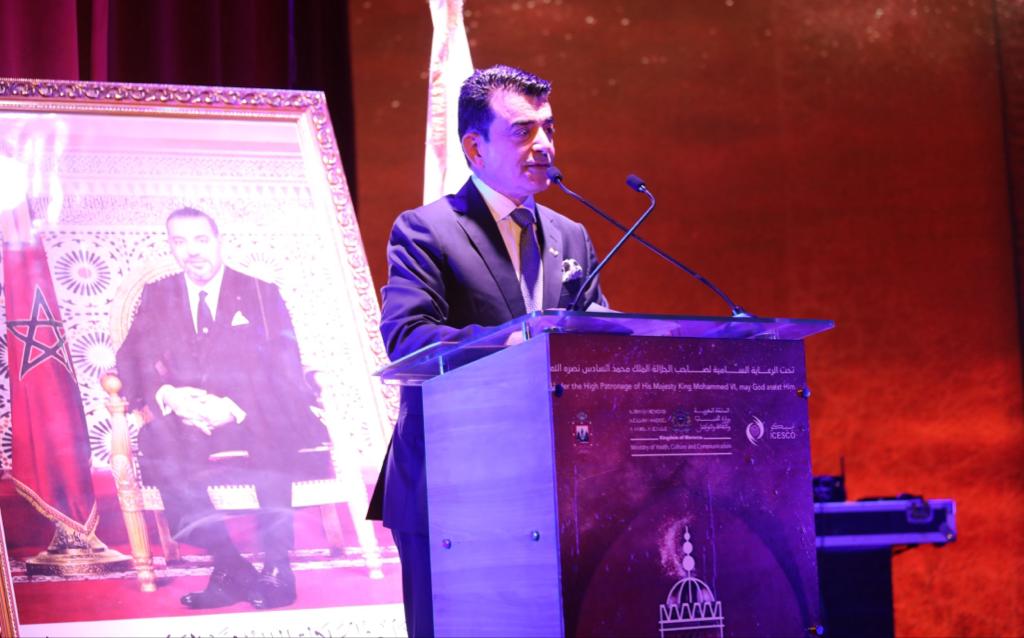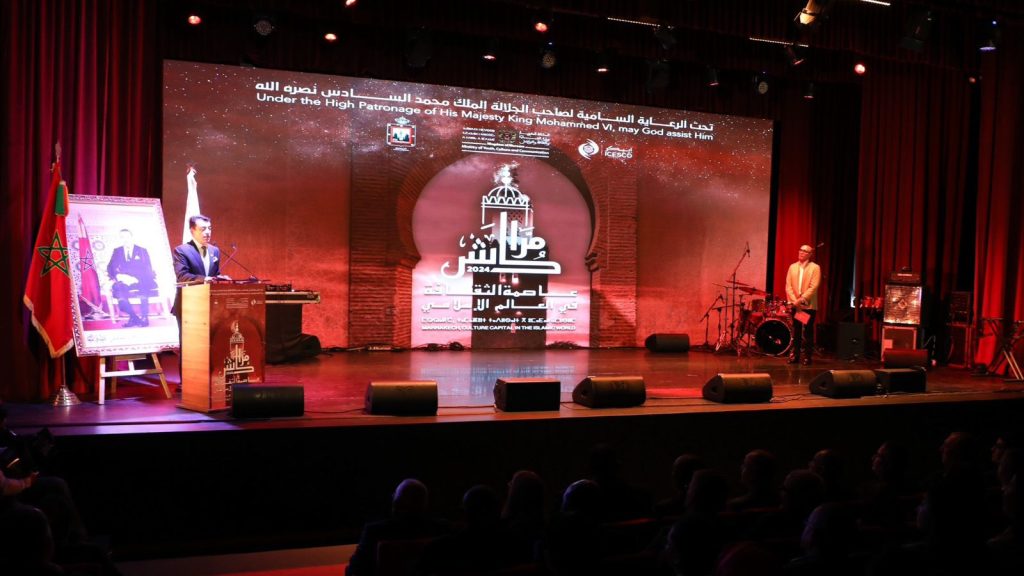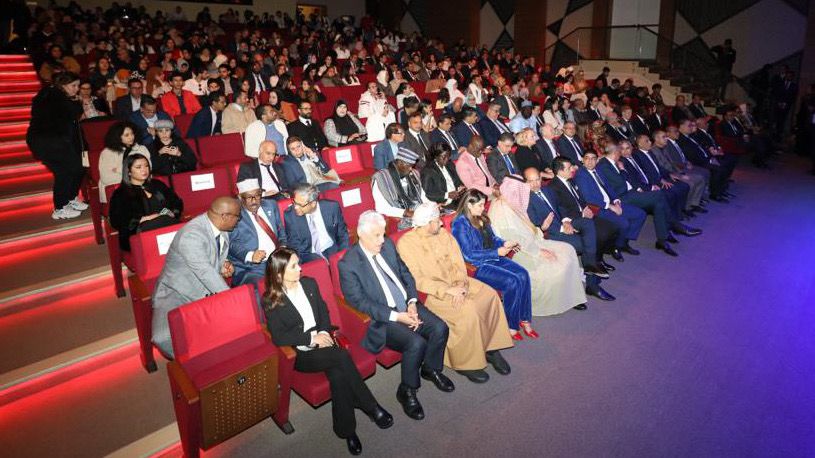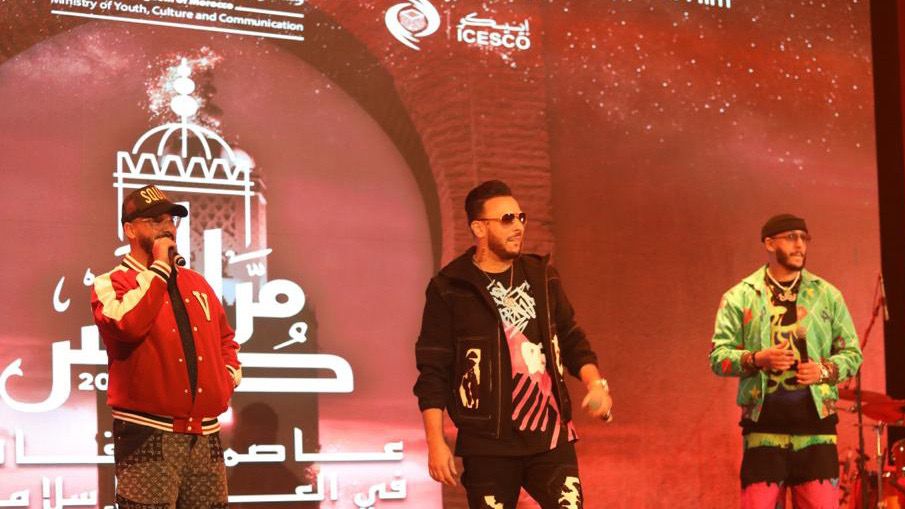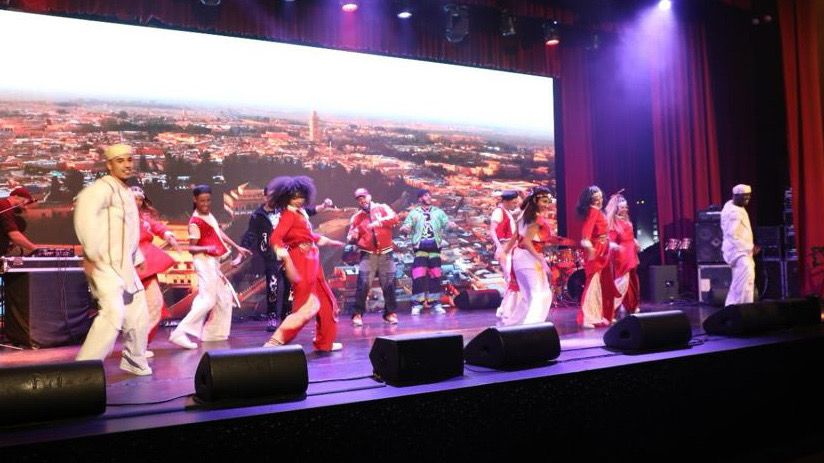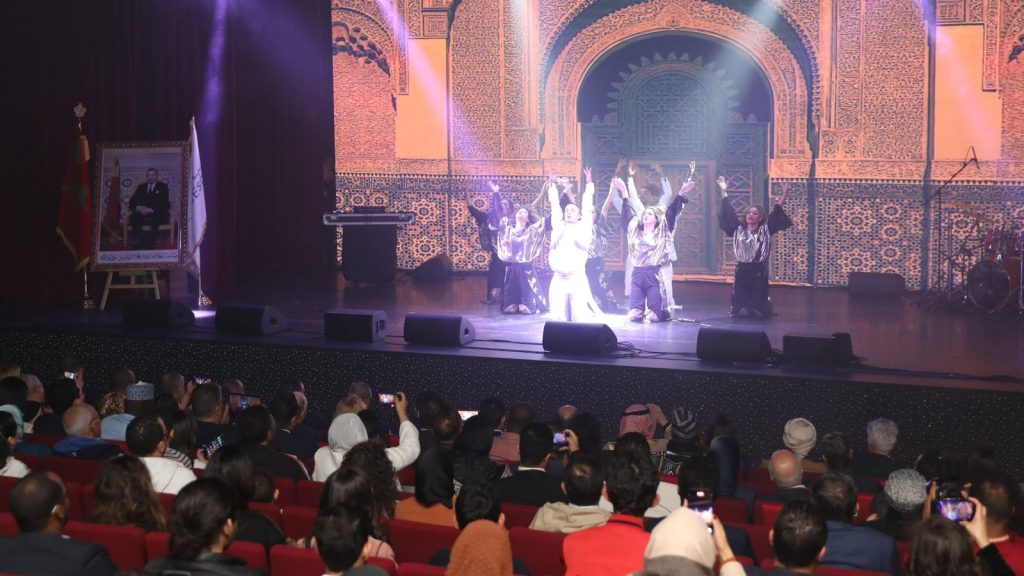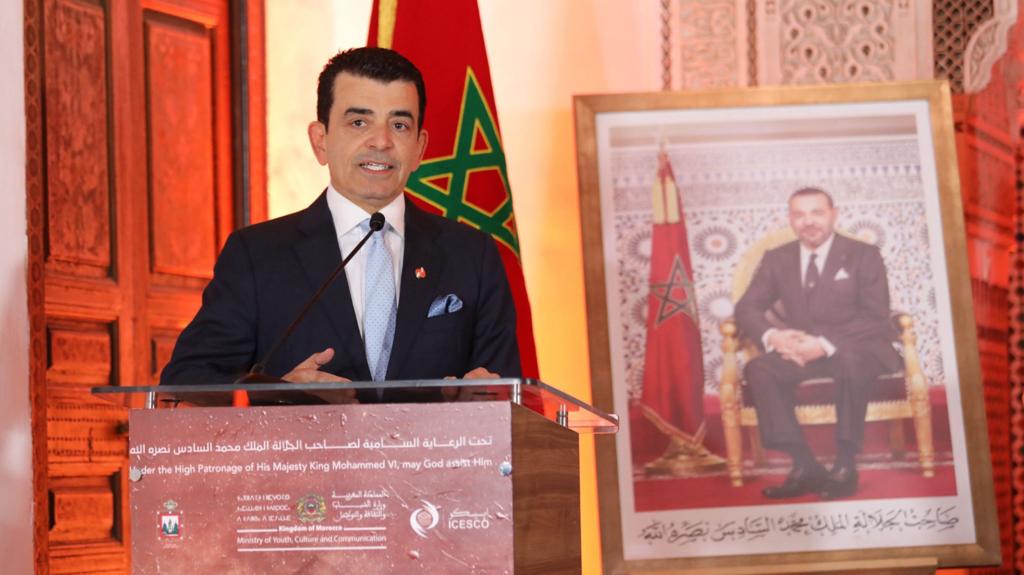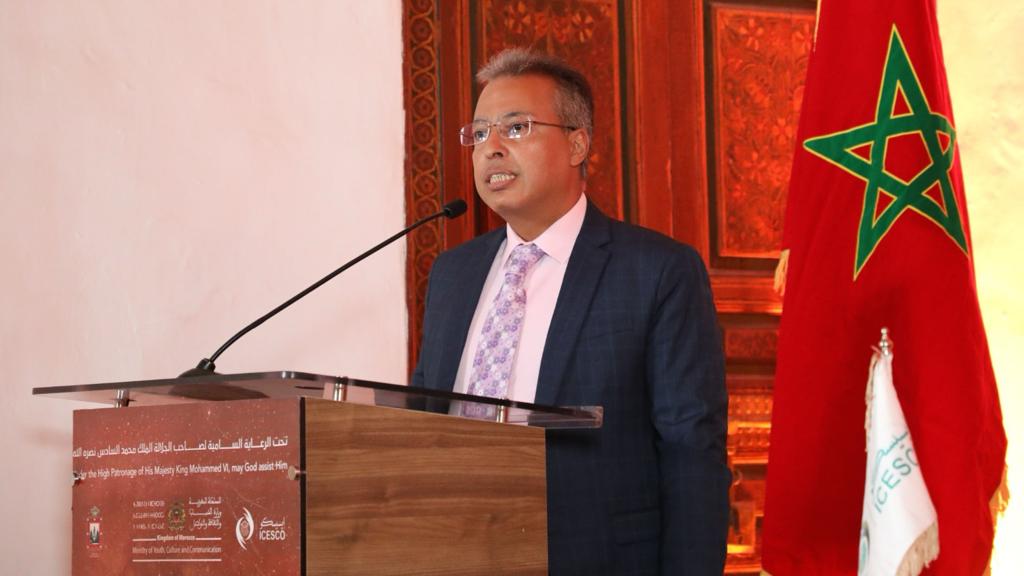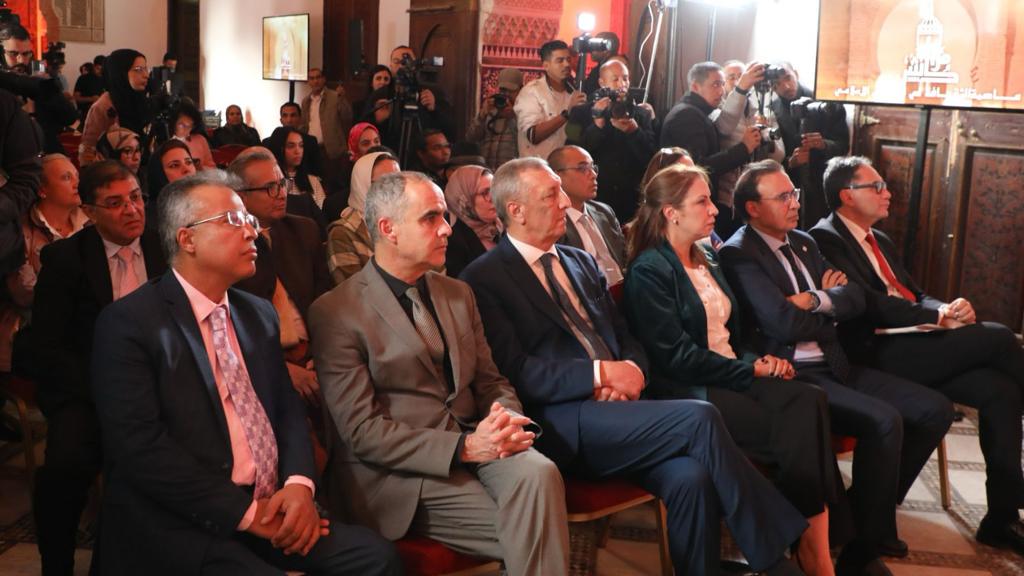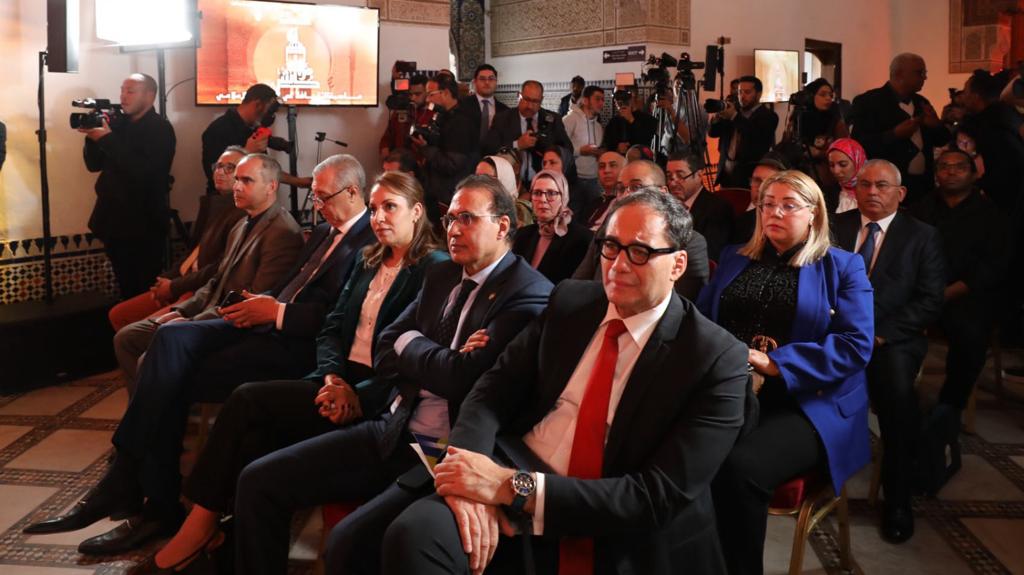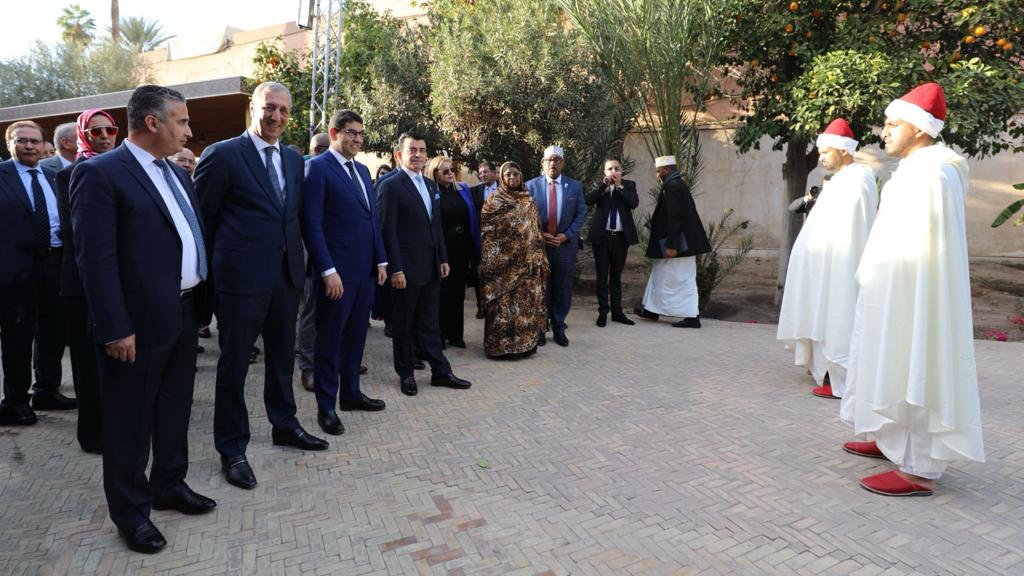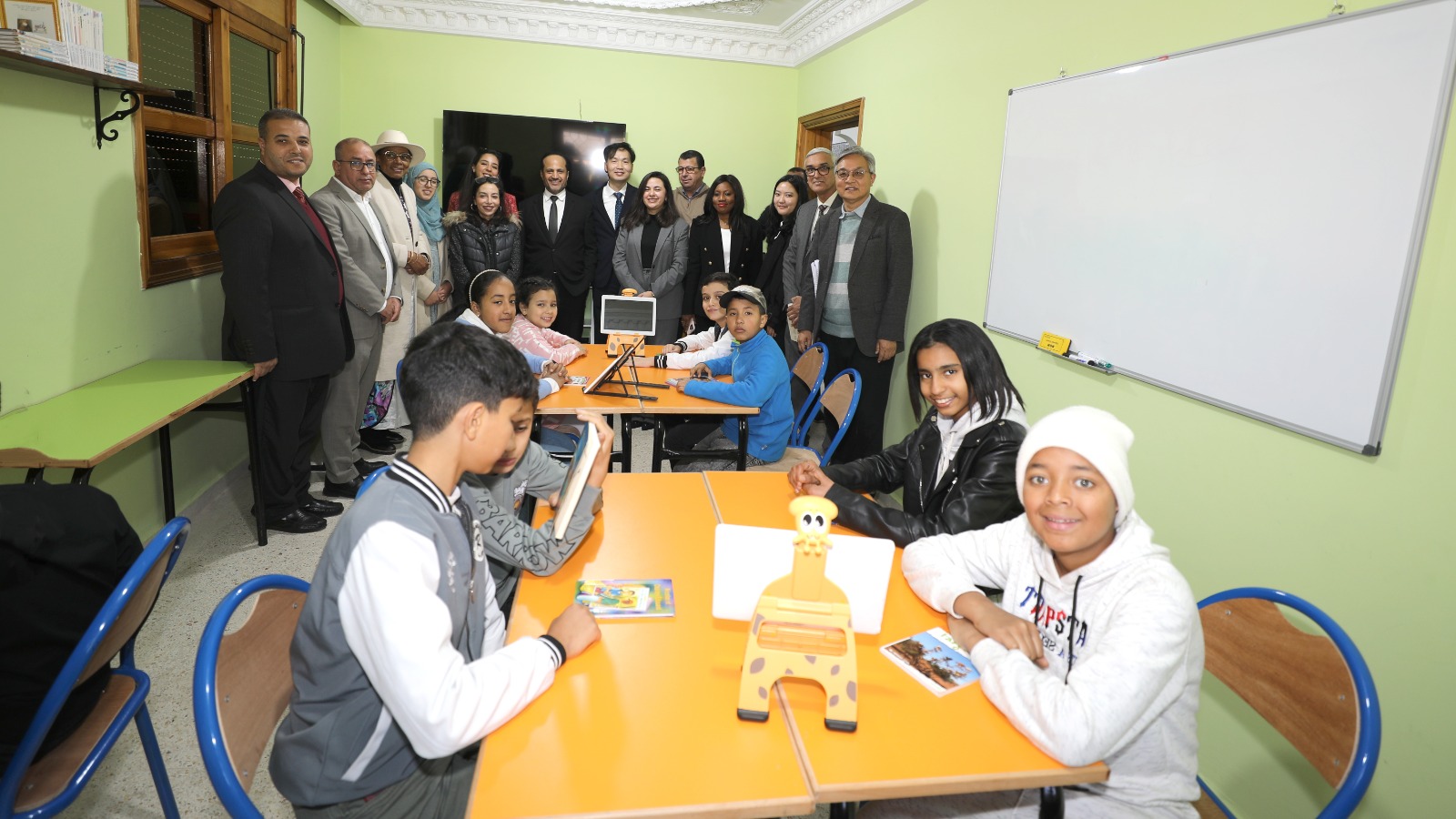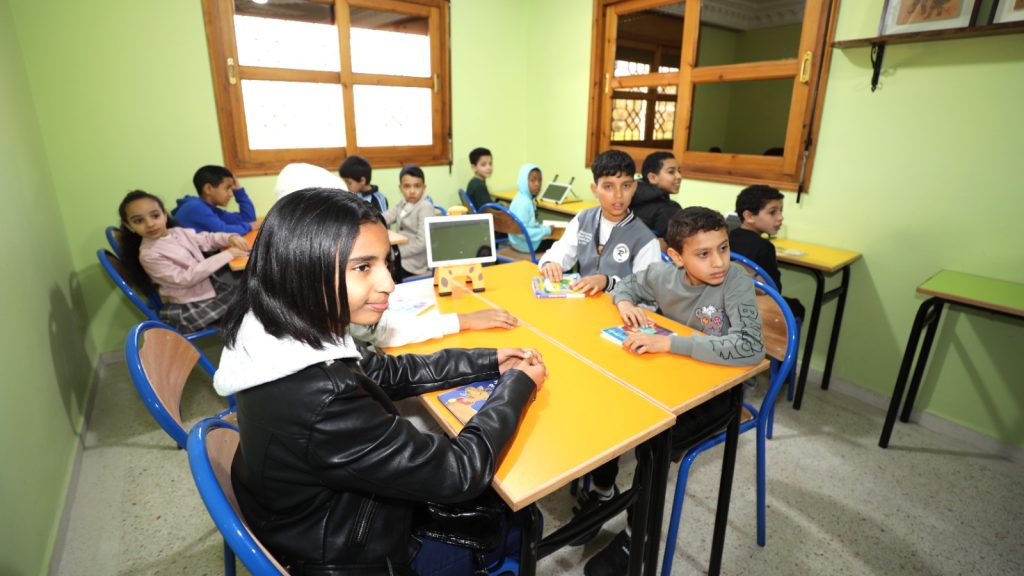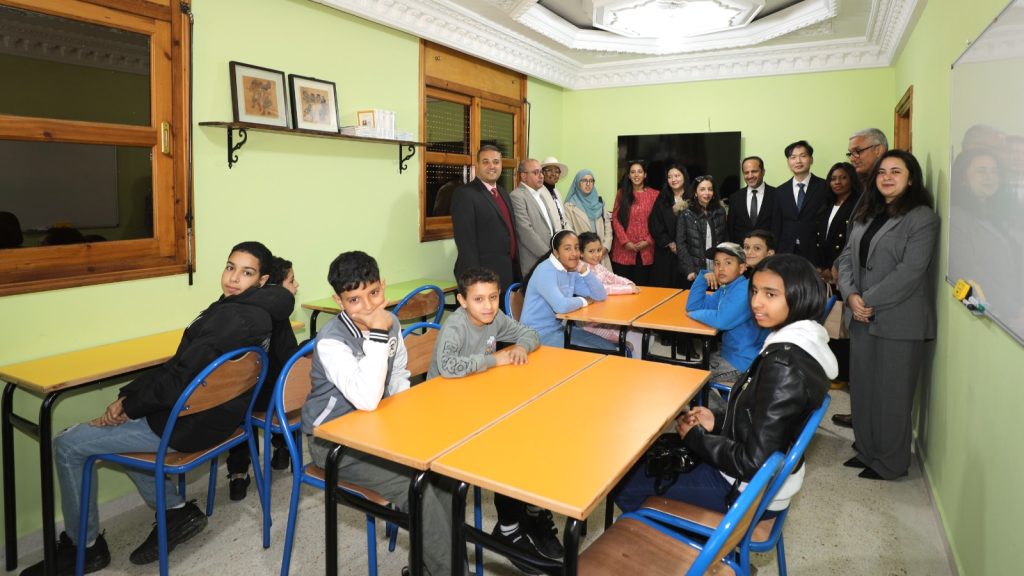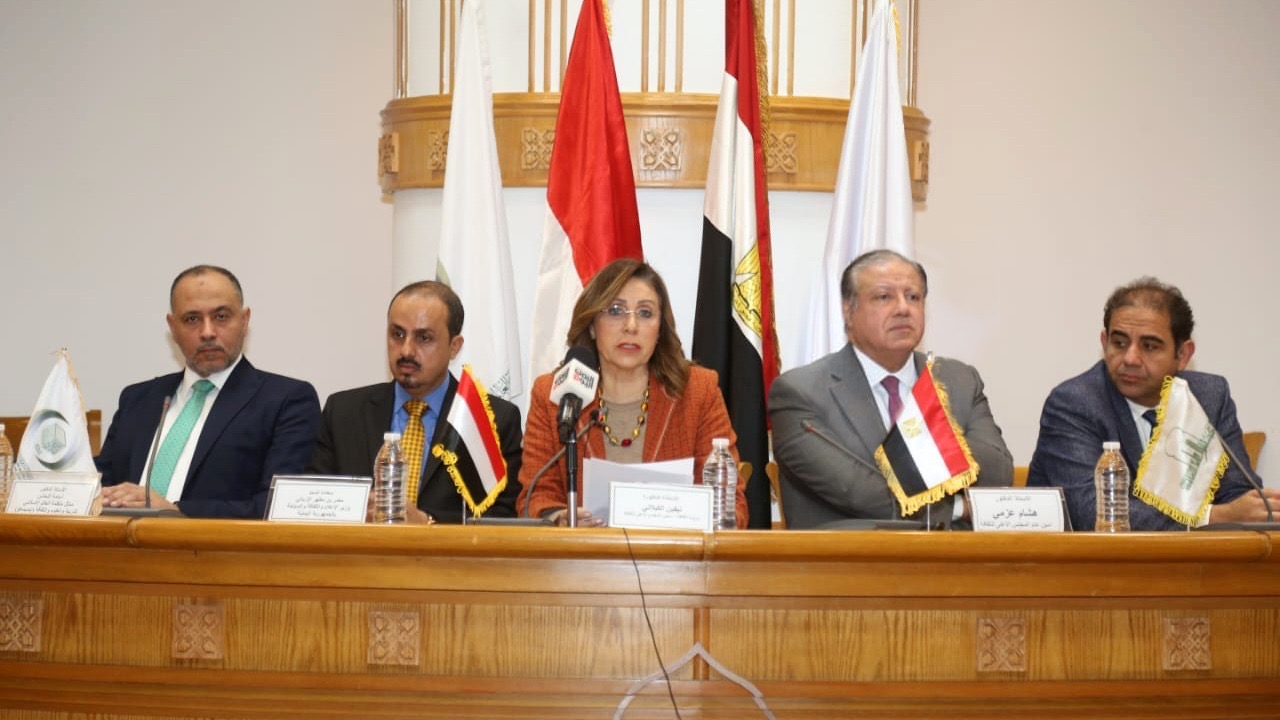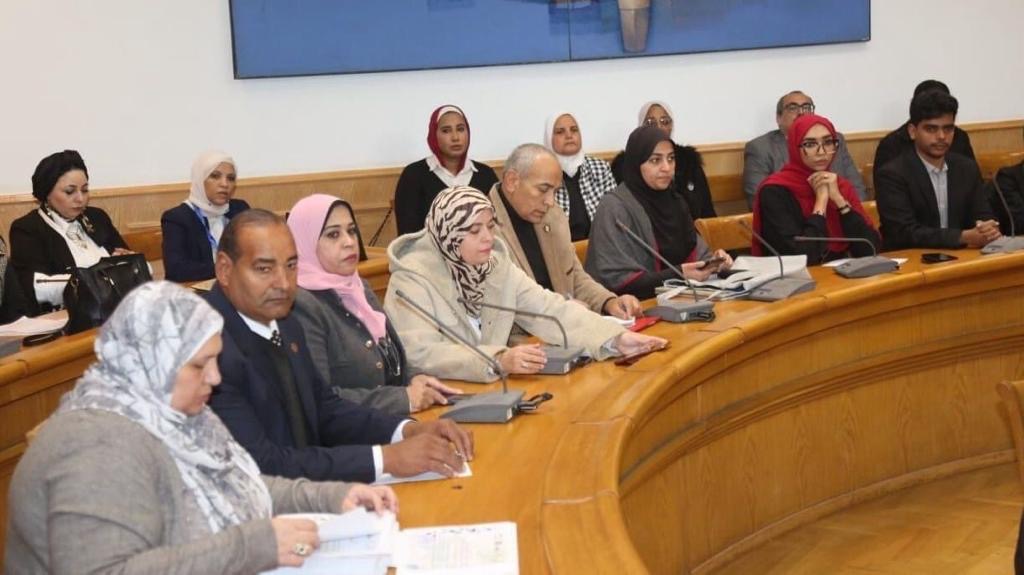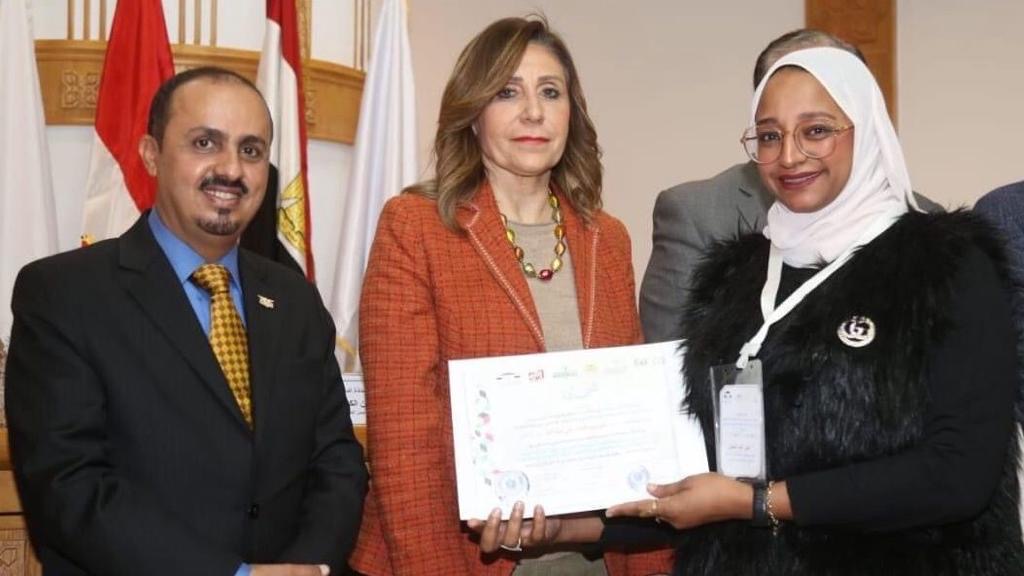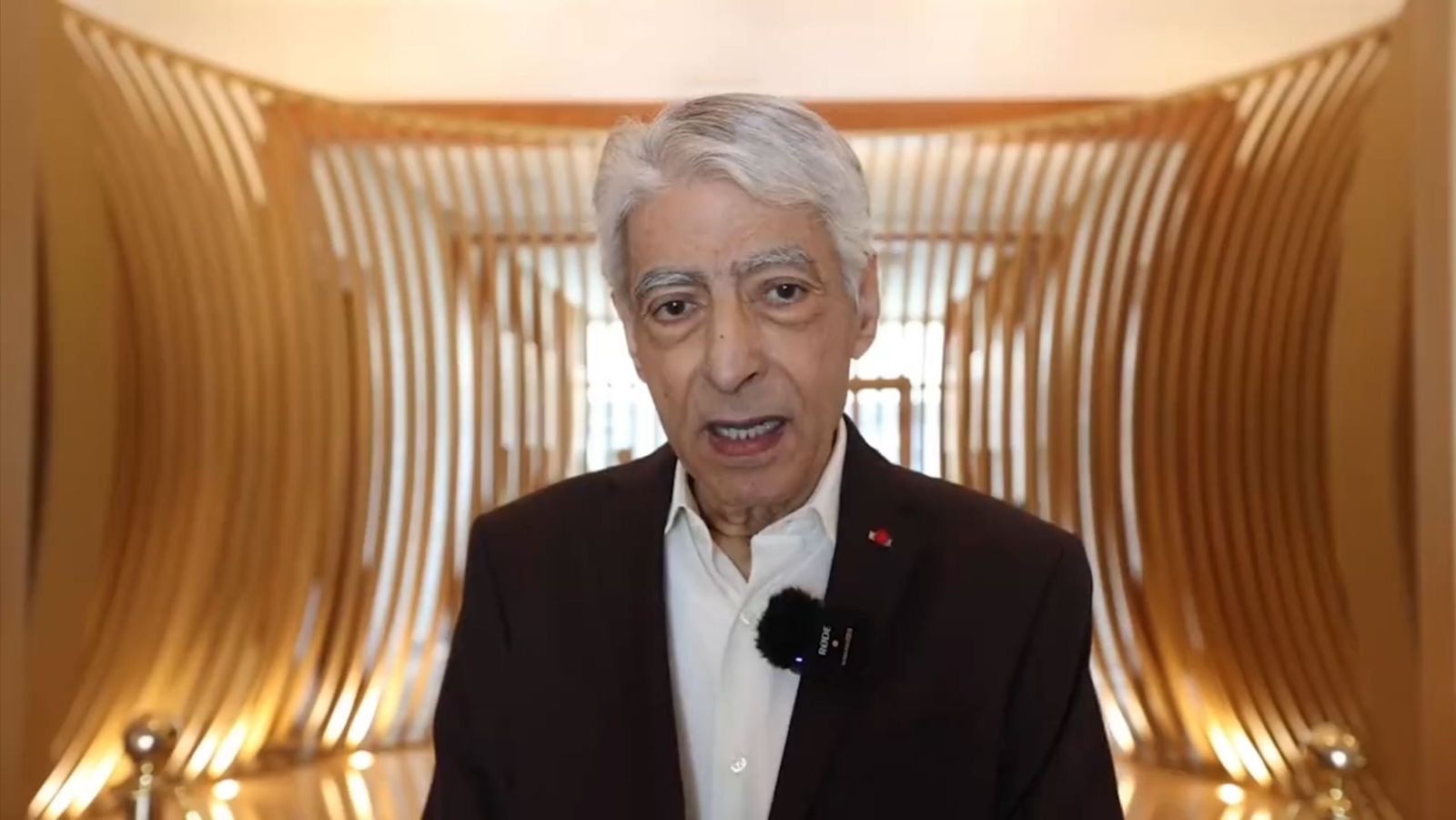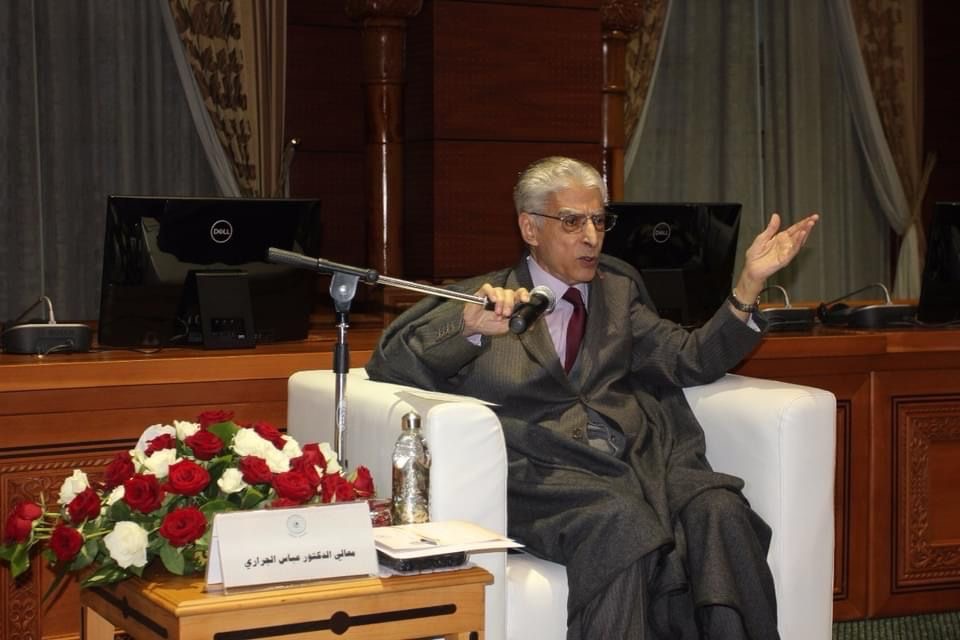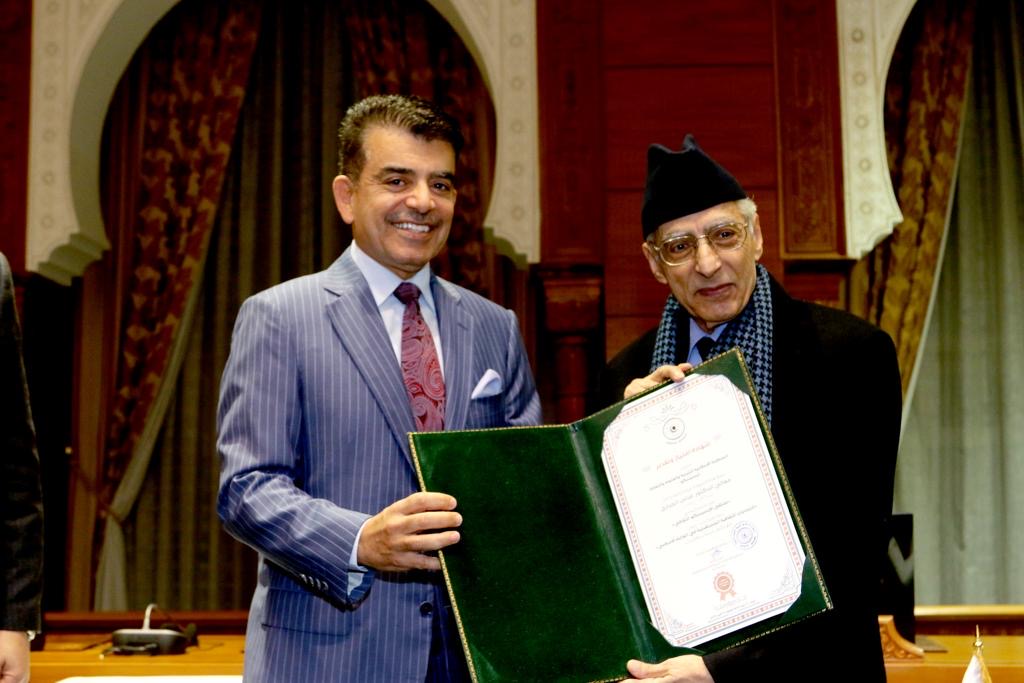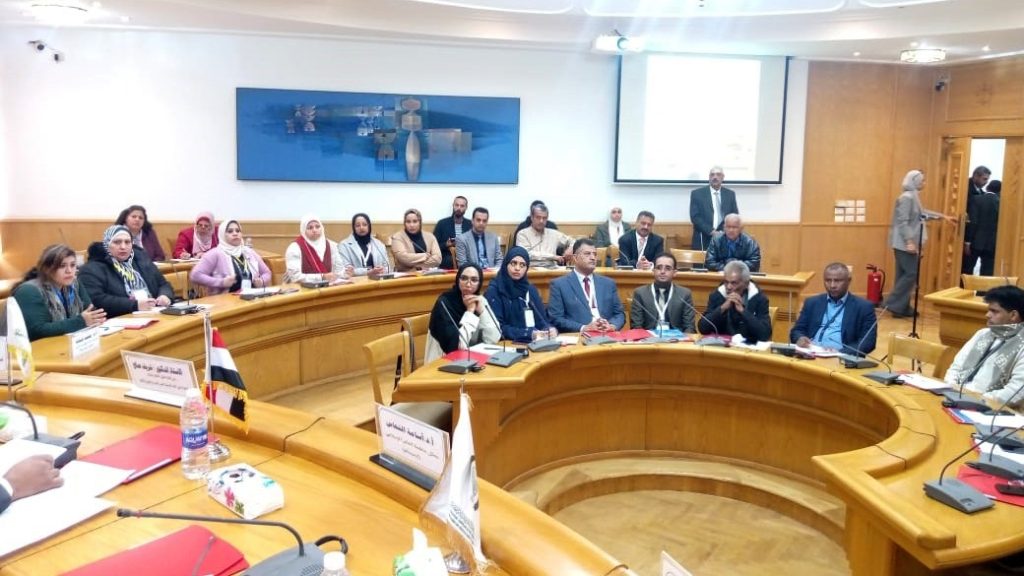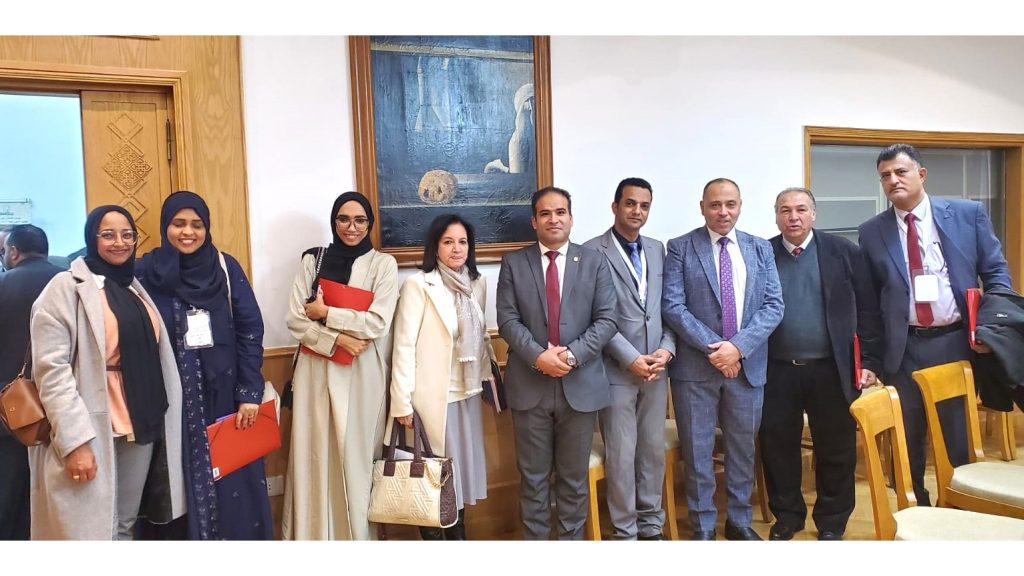The headquarters of the Islamic World Educational, Scientific, and Cultural Organization (ICESCO) hosted an award ceremony for the winners of the first edition of ICESCO’s competition to develop a process to transform bio-waste into food bars to ensure zero hunger. This initiative aligns with the second goal of the Sustainable Development Goals (SDGs) in the Organization’s Member States. The Event featured the participation of the five teams qualified for the final round of the competition, who presented their projects to a jury of experts, in a bid to secure their position as one of the top three winning teams.
The Ceremony, attended by a number of Member States’ ambassadors, officials, researchers, and students from international universities, was held today, Thursday, February 1st, 2024. It kicked off with the recitation of some verses from the Holy Quran, followed by a speech by Dr. Salim M. AlMalik, ICESCO Director-General, in which he commended the awarded projects in a world beset by the two-fold challenge of ensuring food security and managing organic waste.
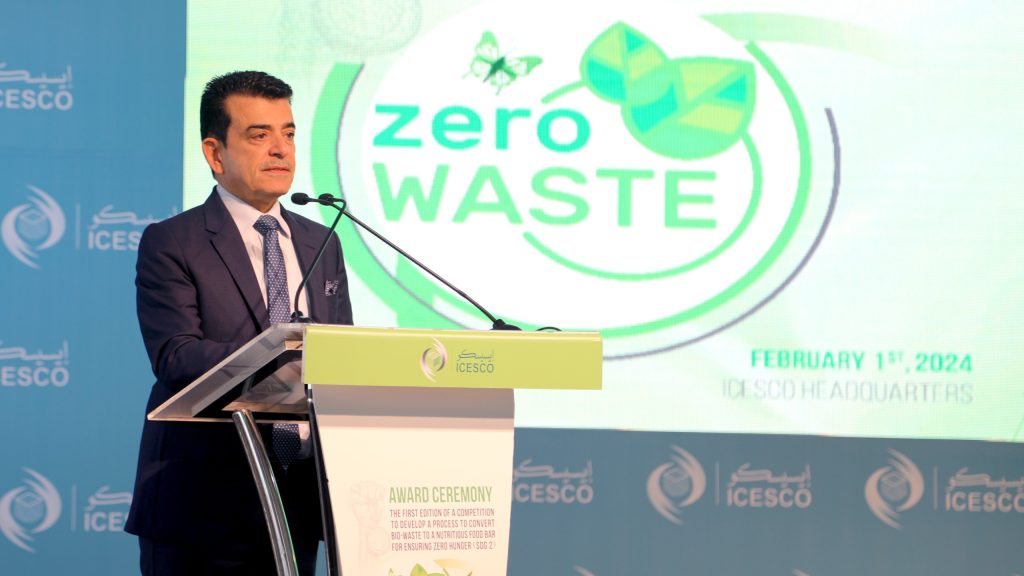
Moreover, Dr. Salim M. AlMalik praised the qualified teams’ work, emphasizing their innovation and renewal in addressing one of the most pressing issues of our time, i.e., food insecurity. Dr. AlMalik also acknowledged the teams’ wise contributions to achieving the second SDG, which aims to achieve zero hunger, not merely through ending hunger itself, but also by confronting the environmental challenges posed by waste proliferation.
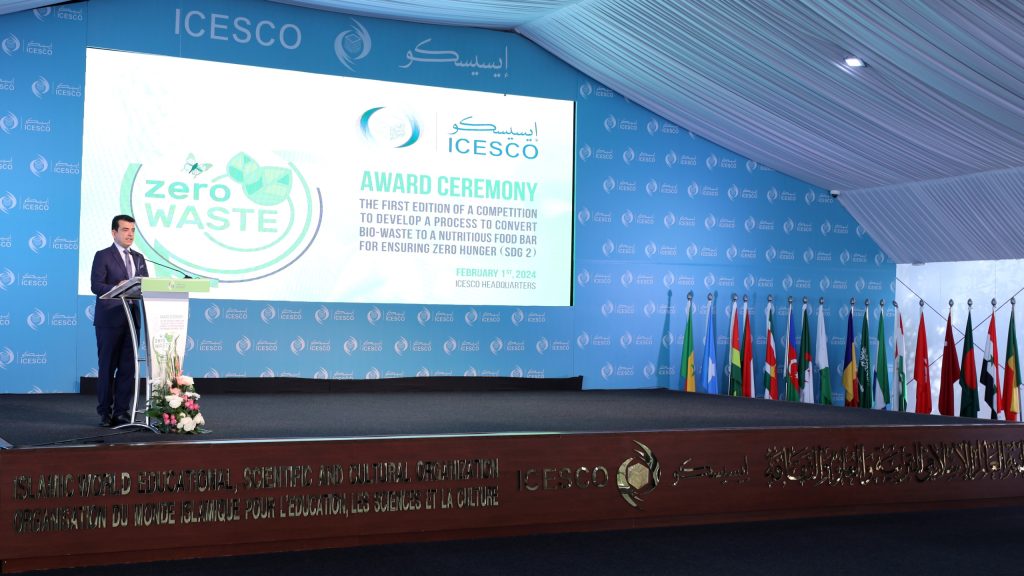
The Director-General highlighted that the winning teams’ work embodies the focus of ICESCO’s vision and its belief in the power of education, science, and culture to bring about positive change and sustainability, considering the selected youth projects as a testament to the transformative power of modern science and technology when aligned with the human vision to combat food waste.
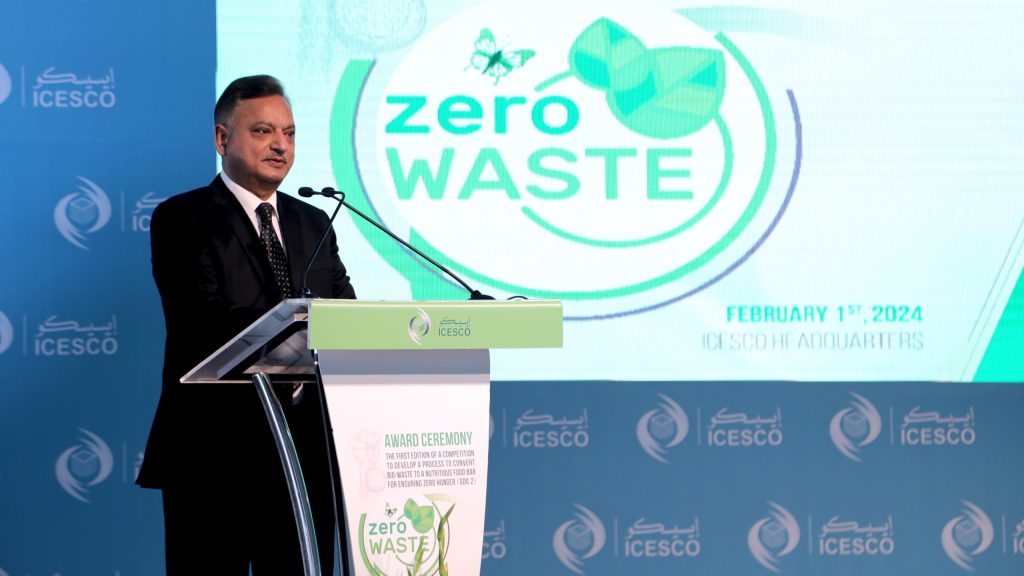
In his speech, Dr. Raheel Qamar, Head of ICESCO’s Science and Environment Sector, highlighted the importance of ensuring food security in light of the current challenges that the world is witnessing, which perpetuate the suffering or a significant portion of the world’s population from hunger and malnutrition-related issues, stressing the need to provide solutions likely to help in eradicating this scourge, which is the goal of ICESCO’s organization of this competition.
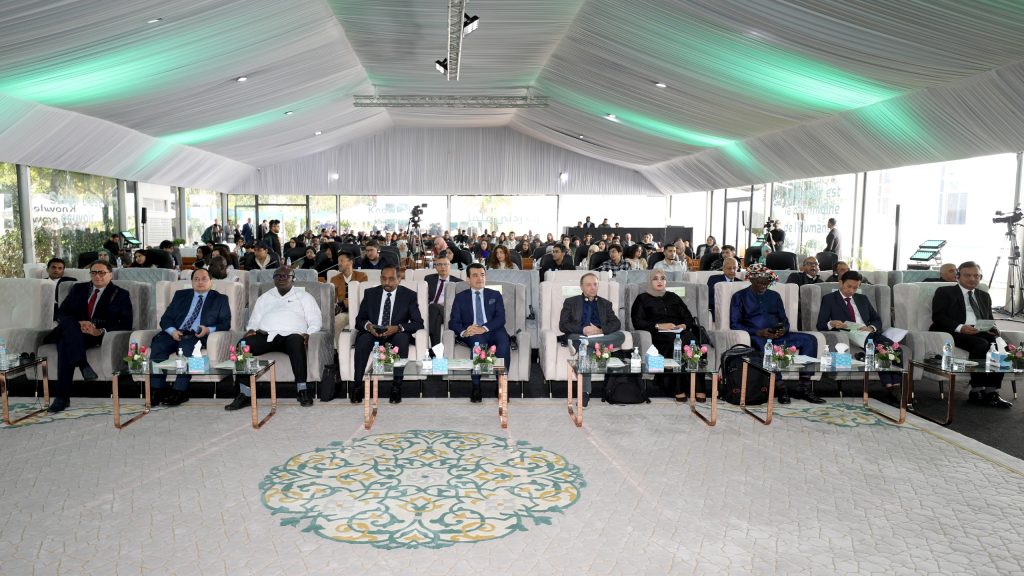
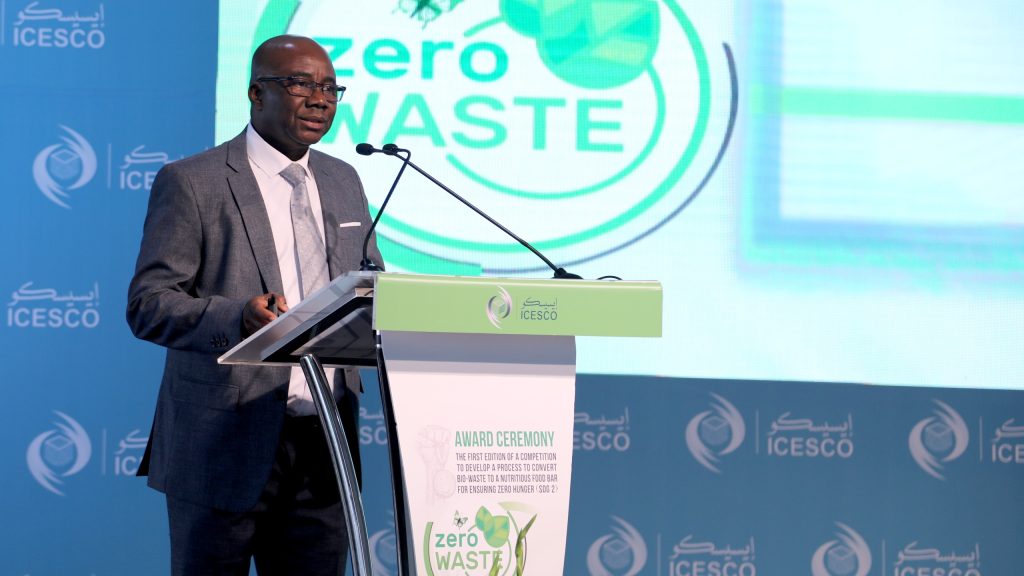
On his part, Dr. Ismaila Diallo, expert at ICESCO’s Science and Environment sector, gave a recap presentation of the award, highlighting its broad outlines and objectives. The presentation also included the various stages of submitting nominations, the participating countries, the number of nominations received by ICESCO, project eligibility criteria, ending it with details surrounding the selection of the five qualified teams.
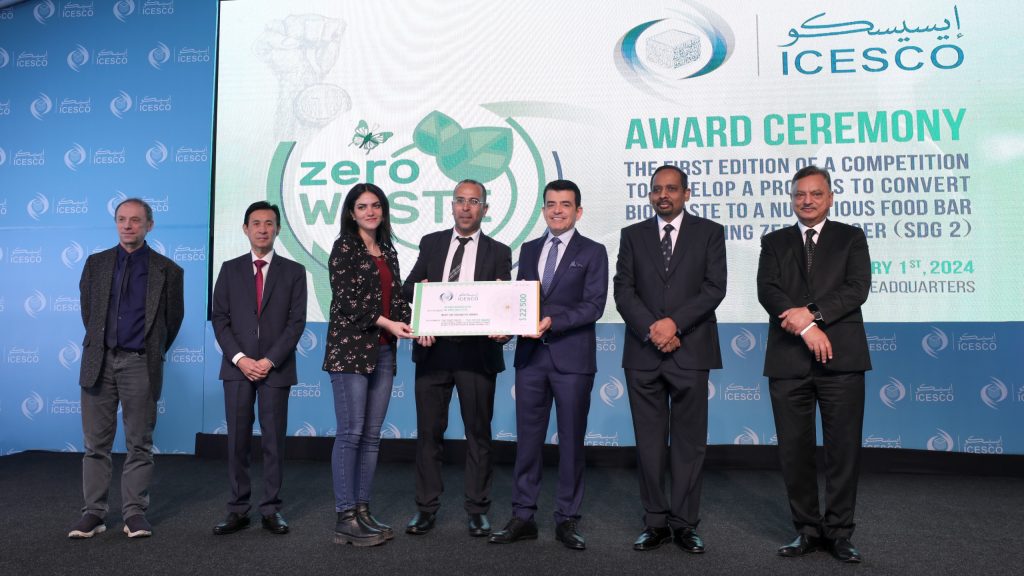
The jury deliberations resulted in the project “Organic and Secondary Food Waste as a Mechanism for Ensuring Food Security” from Egypt winning the first place, thus receiving $22,500 in prize money. The second place was secured by the project “Borneo” project for food bar production from Malaysia, earning its team $12,500 in prize money, while the third place went to the project bio-waste sourced food bar production from Brunei Darussalam, with the team receiving $5,000 in prize money.
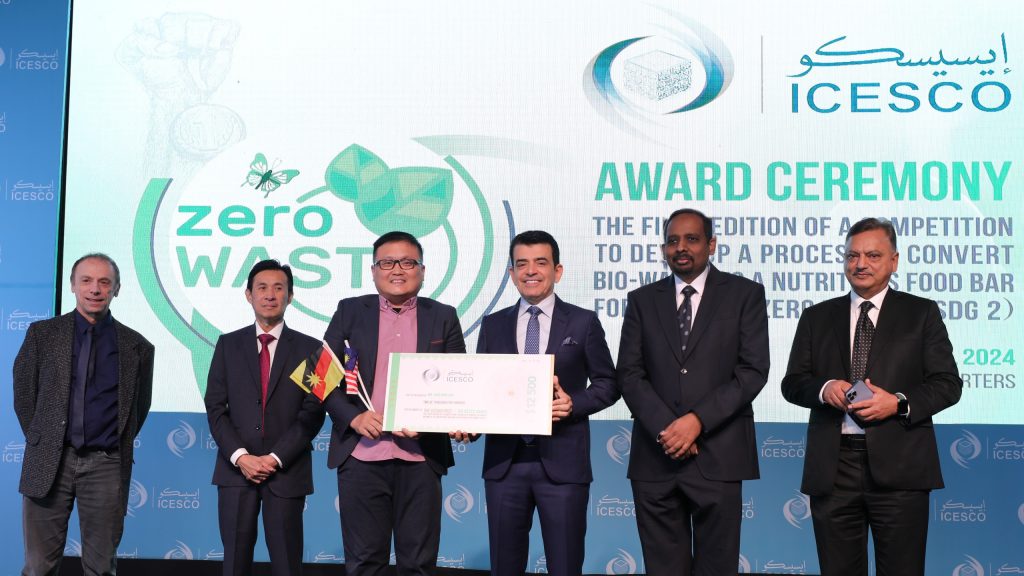
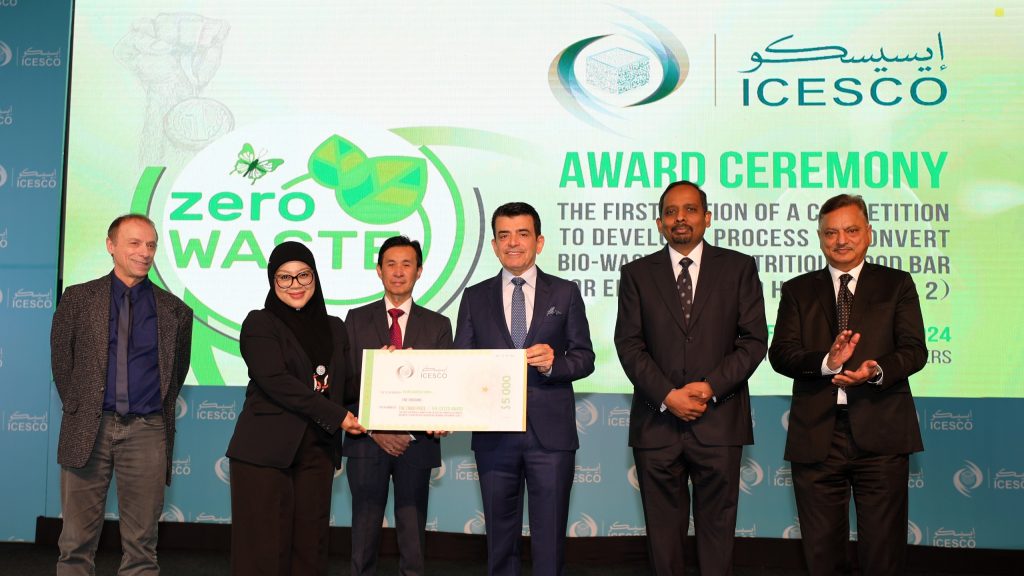
The jury then decided to award the Pakistani fourth-place team $2,500 in winnings, for their project on producing food bars from chickpeas. At the same 4th place, the team from Malaysia was equally awarded $2,500 for their project “Beco Food Bars’ Healthy Snacks.”

